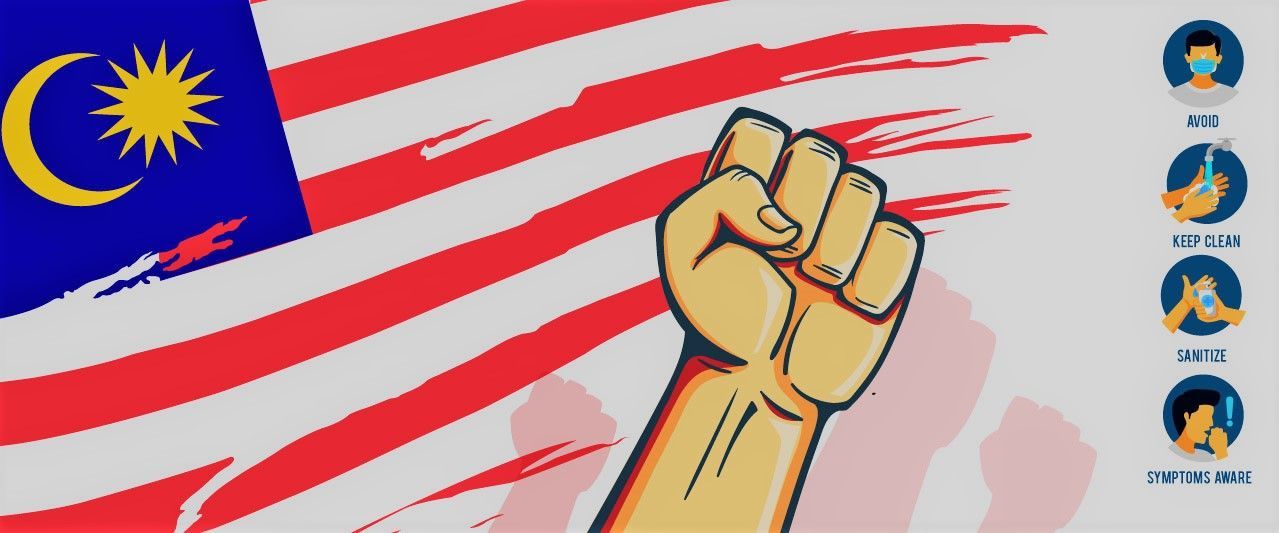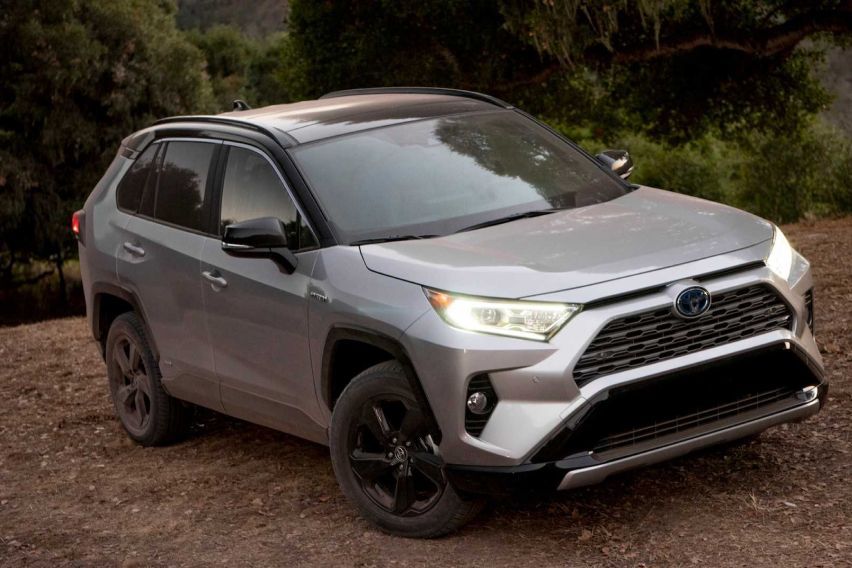GalleryCoronavirus
Date & ScheduleCoronavirus
Coronavirus About
Coronavirus (COVID-19) has hit us hard. From ground-zero to the highest level there is no single business spared from its harsh wave. Talking about the auto industry, it is seeing some of the gloomiest times ever. We witnessed cancellation of some of the biggest auto shows, motorsports events, and recall of large-scale launch events with new cars now simply available for sale at dealerships.
However, to understand the setback the industry is facing, we got to dig a few layers. With this lethal virus spreading all over and taking thousands of lives, buying a car is no more on the list. Governments around the world are imposing lockdowns where the movement for only essentials is allowed. In such scenarios who can think about cars? No one is the obvious answer. Another worrisome question is that for how long? Well, with the current situation of the world economy, experts suggest that it might take a few months to a year before things can get back to normal. In short, hard times are here to stay for a while.
On a bit optimistic note, once things get better hygiene would be everyone’s sole priority and the auto industry would do its part by offering individuals a perfectly clean mode of transportation.
Until then, we pray for the world and hope things get better soon.
For informational purposes only. Consult your local medical authority for advice.
Source: World Health Organization
Coronavirus FAQs
What is a coronavirus?
What is COVID-19?
What are the symptoms of COVID-19?
How does COVID-19 spread?
What can I do to protect myself and prevent the spread of disease?
DO THE FIVE, Help stop coronavirus
1. HANDS - Wash them often
2. ELBOW - Cough into it
3. FACE - Dont touch it
4. SPACE - Maintain a social distance
5. HOME - Only step out for a critical situation
Coronavirus Treatment: How Is COVID-19 Treated?
1. Self-care If you have mild symptoms, stay at home until you’ve recovered. You can relieve your symptoms if you:
-rest and sleep
-keep warm
-drink plenty of liquids
-use a room humidifier or take a hot shower to help ease a sore throat and cough
2. Medical treatments If you develop a fever, cough, and have difficulty in breathing, promptly seek medical care. Call in advance and tell your health provider of any recent travel or recent contact with travelers.
















